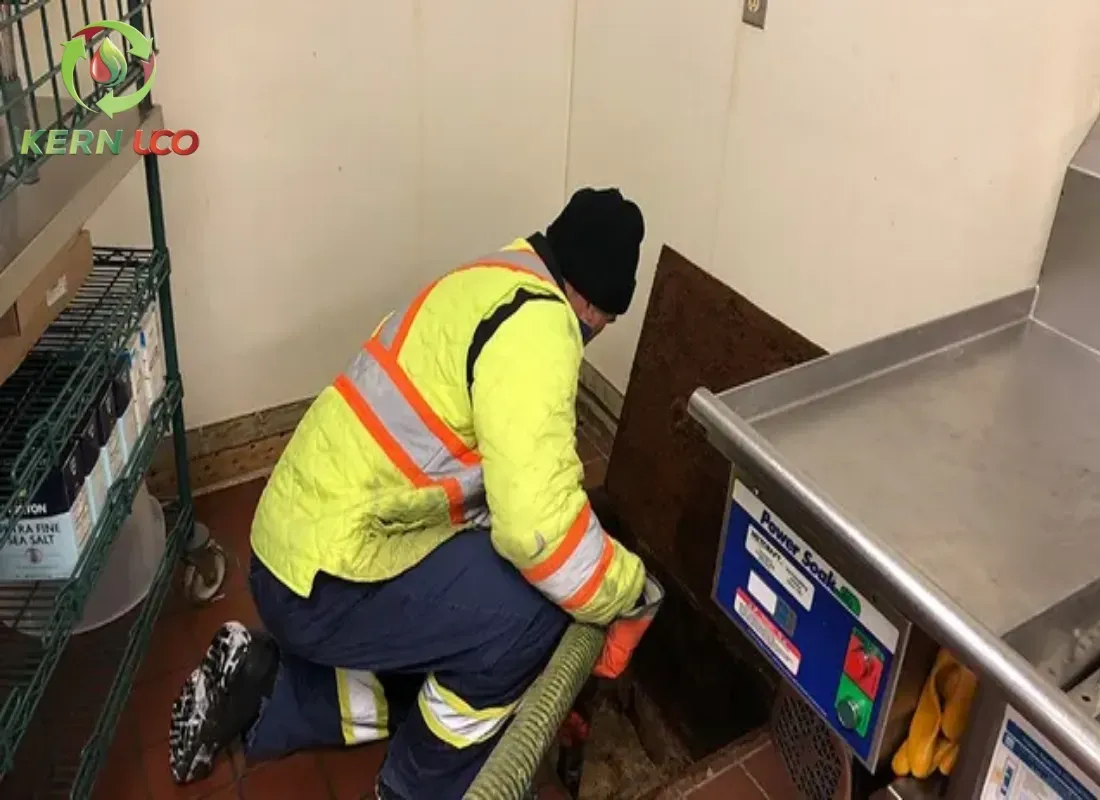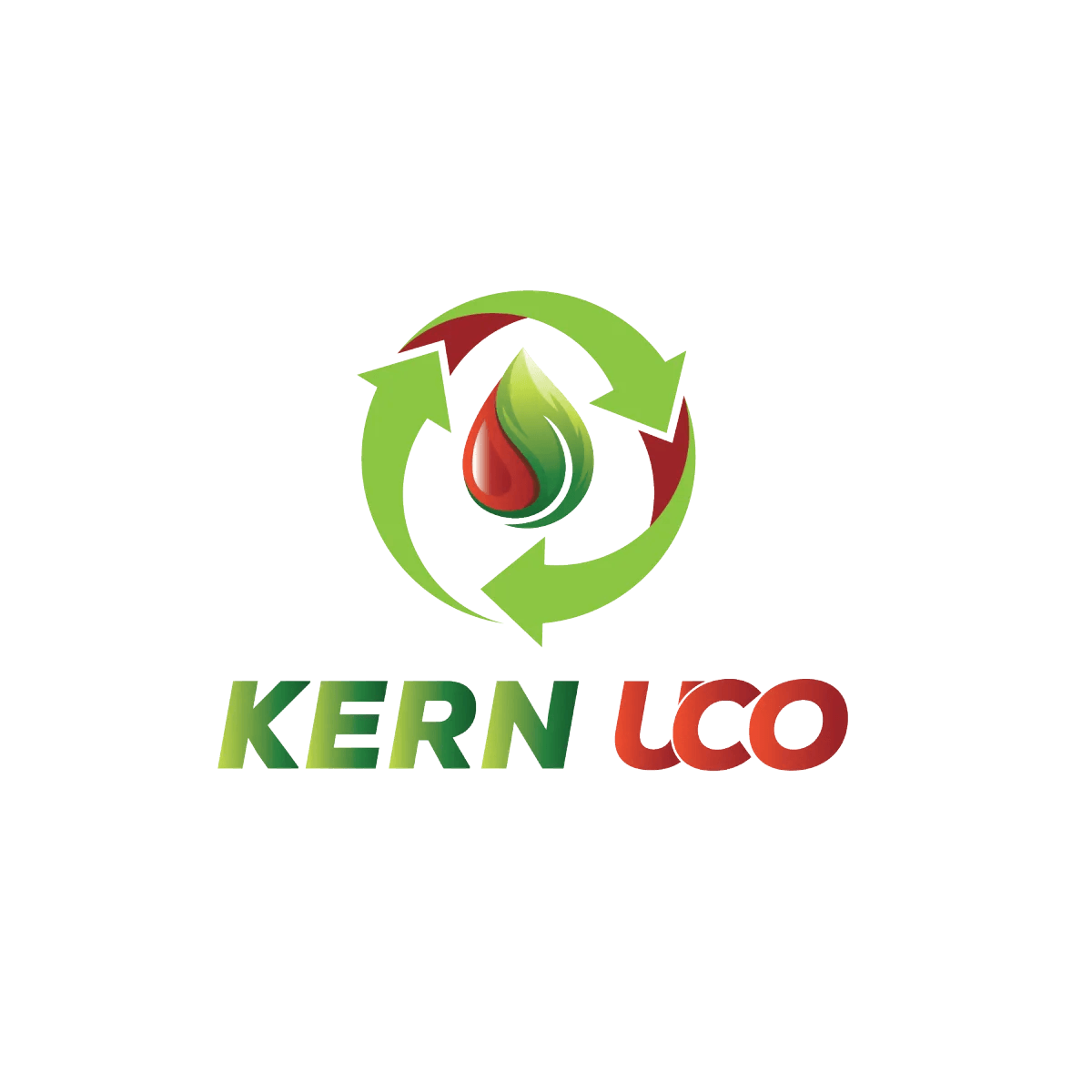
Grease Trap Cleaning: What Every Food-Service Operator Should Know
Table of Contents
Why Grease Trap Cleaning Matters
What Exactly Is a Grease Trap?
How Grease Traps Work in Commercial Kitchens
The Hidden Costs of Ignoring Grease Trap Maintenance
Signs It’s Time for a Professional Cleaning
How Often Should You Schedule Grease Trap Cleaning?
Choosing a Reliable Grease Trap Cleaning Service in Kern County
Step-by-Step: What Happens During a Cleaning
Regulations and Environmental Compliance in Kern County
DIY vs. Professional Grease Trap Cleaning The Honest Truth
How Grease Trap Cleaning Impacts Your Business Reputation
Partnering with the Right Local Service Provider
Final Thoughts
1. Why Grease Trap Cleaning Matters
If you run a restaurant, café, food truck, or catering business, you already know how vital your kitchen’s plumbing system is. But one part that’s often overlooked until there’s a problem is the grease trap.
Grease traps prevent fats, oils, and grease (often referred to as FOG) from entering your plumbing and municipal sewer system. Over time, however, this trap fills up and can cause serious blockages, foul odors, and even shutdowns if not cleaned properly.
That’s why regular grease trap cleaning isn’t just a box to tick it’s an essential part of keeping your food-service operation safe, compliant, and efficient.
2. What Exactly Is a Grease Trap?
A grease trap is a plumbing device designed to intercept FOG before it enters the wastewater disposal system. It’s usually installed between your kitchen’s sinks, dishwashers, or floor drains and the main sewer line.
When wastewater flows through the trap:
Grease and oil float to the top,
Solid food particles sink to the bottom, and
Clean water passes through the middle and exits safely into the sewer.
Over time, both the top and bottom layers build up and that’s when grease trap cleaning service becomes crucial.
3. How Grease Traps Work in Commercial Kitchens
Every time you wash dishes, rinse pans, or dump leftovers down the sink, small amounts of grease and food particles flow into the trap. Even with strainers, a surprising amount of residue still gets through.
Without proper grease trap cleaning, this residue hardens, creating a thick sludge that restricts water flow and causes odors. In severe cases, it can lead to plumbing backups that force restaurants to close temporarily a costly mistake.
A well-maintained grease trap keeps your kitchen operating smoothly and protects the environment by preventing pollutants from reaching local water systems.
4. The Hidden Costs of Ignoring Grease Trap Maintenance
Here’s the reality: ignoring grease trap cleaning costs much more than routine maintenance.
Financial Risks
Emergency plumbing repairs can cost thousands of dollars.
Health department fines for FOG violations can add up quickly.
Business closures during repairs lead to lost revenue and reputation damage.
Environmental & Legal Risks
Kern County has strict environmental standards when it comes to wastewater management. Improperly maintained traps can result in EPA violations, especially if your kitchen’s grease reaches storm drains or sewers.
Regular cleaning helps you stay compliant and keeps your business out of legal trouble.
For more local regulations and compliance guidelines, check out KernUco, where you’ll find eco-conscious waste management resources tailored for Kern County businesses.
5. Signs It’s Time for a Professional Cleaning
Not sure when your grease trap needs servicing? Watch for these red flags:
Unpleasant Odors: A strong, foul smell near drains or sinks means buildup.
Slow Draining: Water backing up or draining slowly indicates a clog.
Grease Overflow: If you notice grease floating in your sinks, your trap is full.
Gurgling Noises: Air bubbles or strange noises mean the trap is overloaded.
Frequent Clogs: Repeated plumbing issues are a clear sign it’s time for a full cleaning.
If you’re in Kern County, scheduling a local grease trap cleaning service ensures that waste is disposed of responsibly and in compliance with regional environmental standards.

6. How Often Should You Schedule Grease Trap Cleaning?
The frequency depends on your kitchen’s size, menu, and daily grease output. As a general rule:
Busy restaurants: Every 30 days
Moderate traffic kitchens: Every 60-90 days
Smaller operations or cafés: Every 3-4 months
However, some cities (including several in Kern County) require proof of cleaning every 60 days to maintain health compliance.
The best approach? Partner with a local expert who offers recurring service plans and maintenance reminders so you never miss a cleaning cycle.
7. Choosing a Reliable Grease Trap Cleaning Service in Kern County
Not all cleaning companies are created equal. When searching for a grease trap cleaning service in Kern County, look for providers that:
Are licensed and insured for commercial grease removal.
Offer documentation after every cleaning (important for inspections).
Dispose of waste in EPA-approved facilities.
Provide scheduled maintenance plans to prevent future issues.
Use eco-friendly practices for waste management.
Working with an experienced local team — like the experts at KernUco.com ensures your business stays compliant and eco-conscious year-round.
8. Step-by-Step: What Happens During a Cleaning
Here’s what to expect when your service provider arrives for a scheduled cleaning:
Inspection – The technician checks grease levels, odors, and signs of blockage.
Pumping Out Grease – All grease, solids, and wastewater are removed using a vacuum pump.
Scraping & Cleaning – The interior walls of the trap are scraped to remove hardened buildup.
System Check – The technician ensures that water flows freely through the system.
Waste Disposal – Grease waste is transported to an approved recycling or disposal facility.
Service Report – You receive documentation confirming your cleaning date and condition report.
This process typically takes between 30 to 90 minutes, depending on trap size and buildup levels.
9. Regulations and Environmental Compliance in Kern County
Kern County Environmental Health Services enforces strict FOG disposal rules. Businesses must:
Install properly sized grease traps.
Maintain regular cleaning records.
Dispose of grease through licensed haulers.
Avoid discharging grease into public sewers.
Failure to comply can result in fines or even temporary permit suspension.
By partnering with environmentally responsible providers like NW Grease Management, you ensure compliance and sustainable waste handling. They specialize in eco-friendly grease removal and proper disposal practices.
10. DIY vs. Professional Grease Trap Cleaning The Honest Truth
While it might be tempting to handle grease trap cleaning in-house, it’s rarely worth the risk.
DIY Cleaning Challenges
Lack of proper disposal methods (illegal dumping fines can be hefty).
Incomplete removal of hardened grease.
Strong odors and unsanitary conditions.
Missed inspections or compliance documentation.
Professional Advantage
Hiring a certified grease trap cleaning service guarantees:
Complete waste removal
Legally compliant disposal
Documentation for regulators
Preventative maintenance checks
In short, professionals don’t just clean they protect your business from plumbing disasters and legal issues.
11. How Grease Trap Cleaning Impacts Your Business Reputation
Customers notice everything including how your restaurant smells. A poorly maintained trap can cause unpleasant odors that drift into dining areas, damaging your reputation.
Moreover, local health inspectors regularly check for signs of proper grease management. Staying proactive keeps your business image positive and trustworthy.
When you prioritize grease trap cleaning, you’re not just protecting your pipes you’re protecting your brand.
12. Partnering with the Right Local Service Provider
Finding the right cleaning partner can make your life easier and your operations smoother.
Local providers, like those featured on KernUco, understand Kern County’s specific grease waste regulations, disposal methods, and restaurant needs. They can set up a recurring cleaning schedule tailored to your kitchen’s output saving you time and worry.
For larger facilities, full-service companies like NW Grease offer end-to-end grease management, ensuring proper pumping, transport, and environmental compliance.
By building a relationship with a trusted team, you’ll never have to think twice about your next cleaning date or about potential inspection surprises.
13. Final Thoughts
Running a food-service business is demanding enough without worrying about plumbing backups or surprise inspections. Regular grease trap cleaning keeps your kitchen compliant, efficient, and odor-free.
Whether you’re managing a restaurant, café, or commercial kitchen in Kern County, investing in a reliable grease trap cleaning service saves you from bigger headaches down the road.
Stay compliant with county regulations.
Avoid costly emergencies.
Protect your reputation and your customers’ health.
Support sustainable waste management with local experts.
Keep your kitchen running smoothly and your community clean one grease trap at a time.
